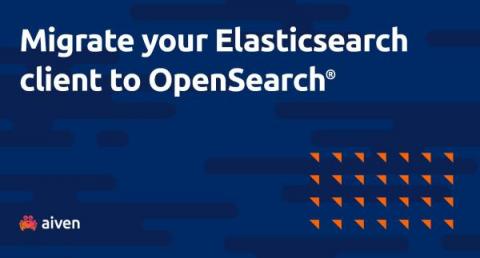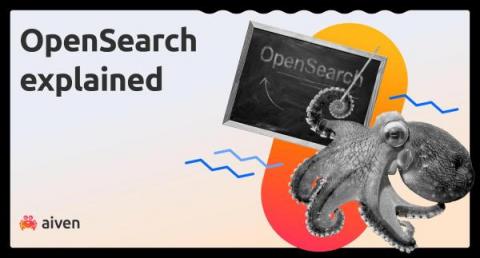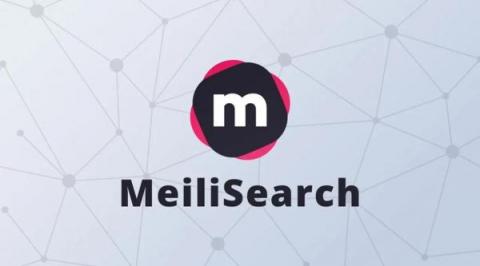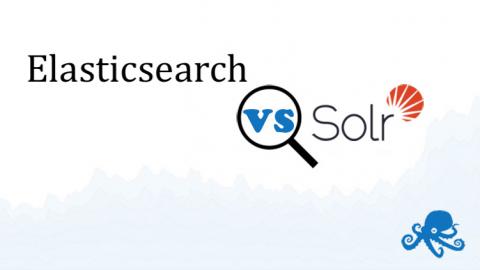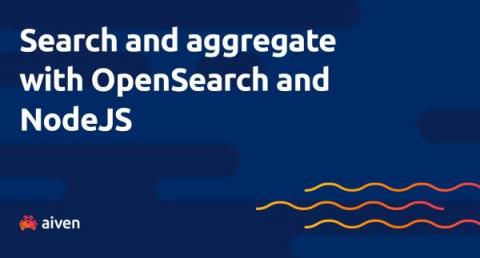Better search can help government serve people when they need it most
As citizens, we interact with the government at various points in our lives. Many interactions serve as important rites of passage like obtaining a marriage or business license, claiming a new dependent on a tax return, or filing for retirement benefits. Other interactions serve as a safety net like obtaining financial assistance after a disaster or reporting a scam attempt. No matter the reason for transacting with the government, citizens want the interaction to be as frictionless as possible.




